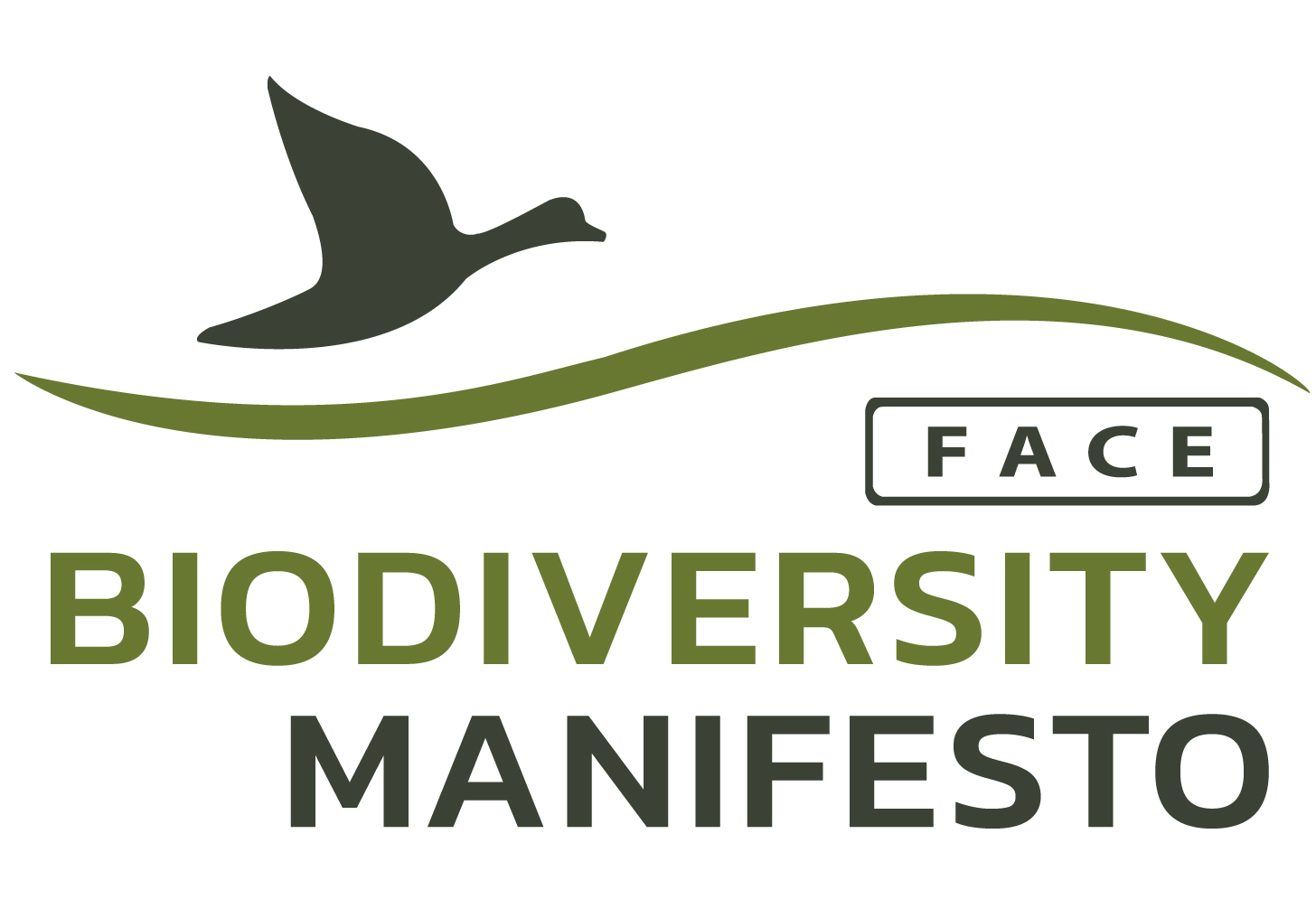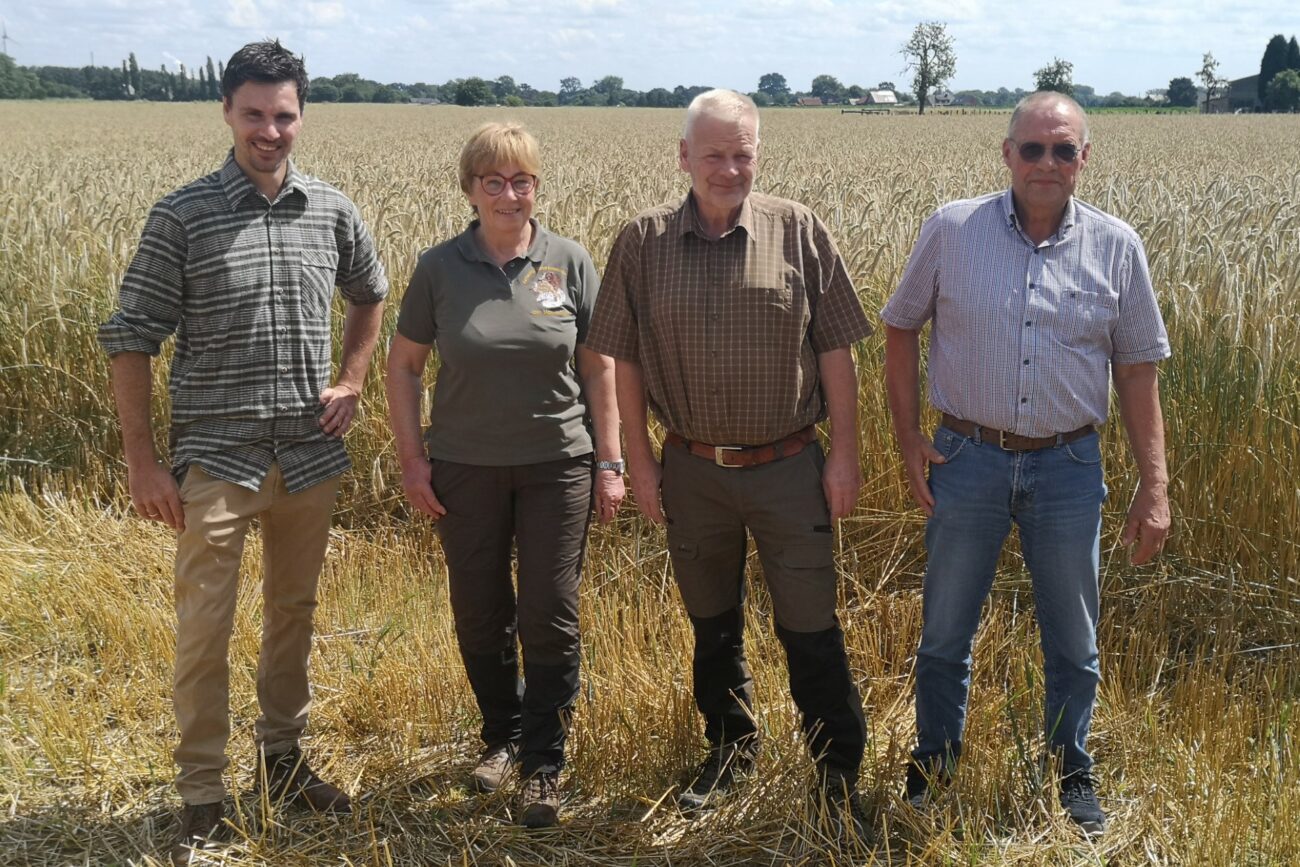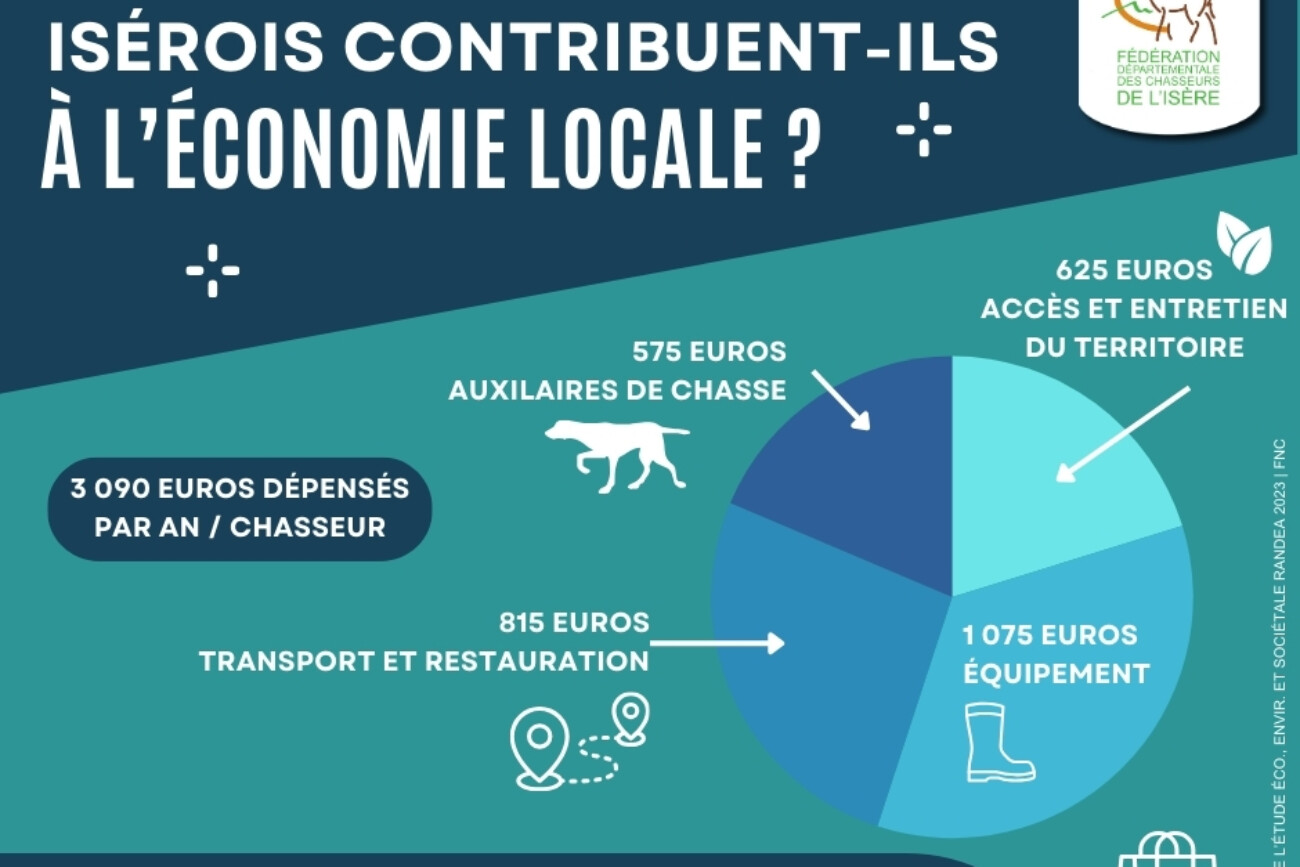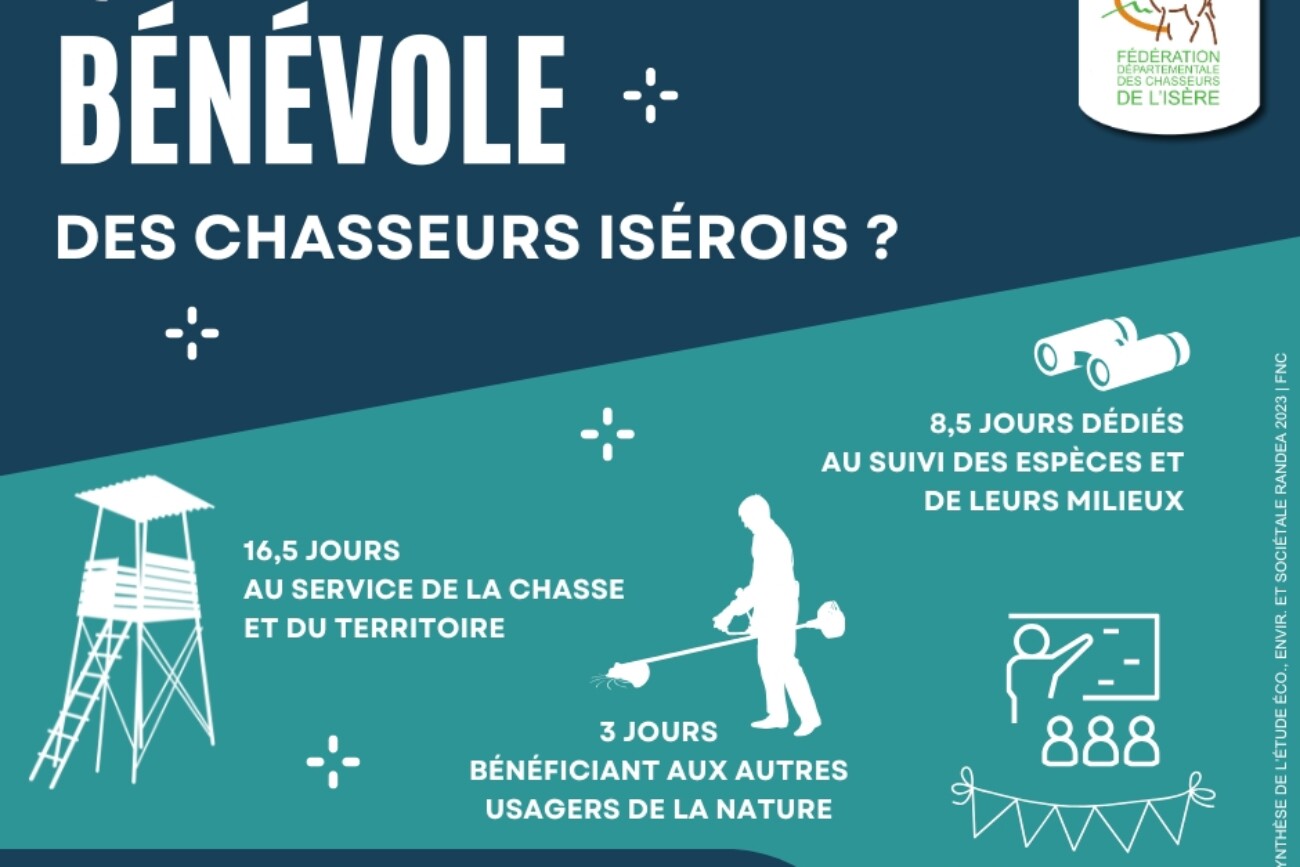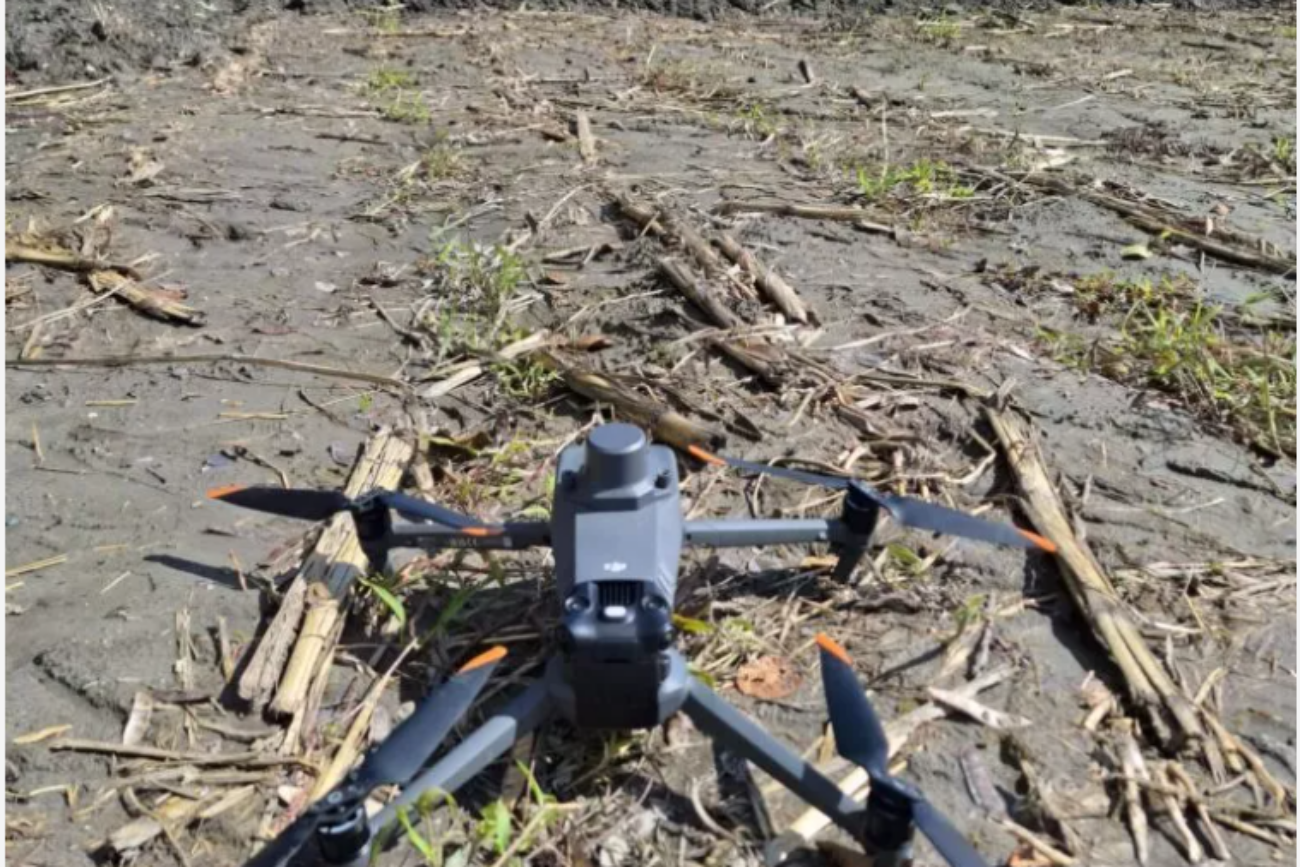Innovative Solutions in Crop Damage Assessment
FACE applauds the Fédération Départementale des Chasseurs de l’Isère (FDCI) for pioneering the use of drone technology to improve the accuracy and efficiency of agricultural damage assessments. On November 21–22, FDCI conducted a two-day training program, equipping its team with the skills to harness drones for real-world applications. This initiative highlights the potential of technological advancements in addressing pressing challenges at the interface of wildlife and agriculture.
The training included:
1️⃣ Day 1: A theoretical session covering the setup and operation of drones and associated software.
2️⃣ Day 2: Practical fieldwork in Crolles, where participants piloted drones and applied their learning in a real-world damage assessment case study.
The outcomes of this innovative project are already evident, with the first drone-assisted evaluations of wildlife-induced crop damage now underway. By integrating advanced tools into their processes, FDCI is setting a benchmark for modernized wildlife management and farmer support systems.
Policy Relevance
This initiative directly supports the objectives of the FACE Biodiversity Manifesto (BDM), which emphasizes innovative, sustainable solutions to balance agricultural productivity with biodiversity conservation. It aligns with EU biodiversity goals such as the EU Biodiversity Strategy for 2030 and the Nature Restoration Law, demonstrating how technology can enhance ecological monitoring and conflict resolution.
By enabling hunters to provide precise, data-driven assessments, this project underscores the potential for collaboration between hunters, farmers, and local authorities. Such partnerships are essential for delivering tangible solutions to human-wildlife conflicts while ensuring that biodiversity considerations are integrated into agricultural practices.
The use of drones also facilitates greater transparency and efficiency in compensation claims for agricultural damage. This, in turn, fosters trust and cooperation among stakeholders, reinforcing the role of hunters as key actors in rural sustainability and environmental stewardship.
A Model for Collaboration and Outreach
Beyond its technical achievements, FDCI’s project exemplifies how hunting federations can lead public education and outreach. By sharing their success story at events and through digital platforms, they inspire other regions to adopt similar strategies. This initiative highlights the dual benefits of modern technology: improving operational outcomes while strengthening relationships between rural communities, hunters, and conservationists.
For more information about this project, visit: www.chasse38.com.
Source: Audrey Vargas (FDCI)
